



Suicide is a tough subject. It eventually touches almost everyone in some way, while some, like me, encounter it multiple times, in multiple ways. Today, I got to bond with a special lady over this subject, and for that, I am glad I could truly empathize.
My first experience was a dear friend named Aaron. We were high schoolers (early 80’s) but from different towns. We were in a special program for young adults who came from less-affluent families. His girlfriend, didn’t like to dance, but Aaron and I loved it. A few of us would take our breaks in a small pavilion with a slick floor and two-step the time away listening to Alabama on the “boombox.”
My aunt and I went dancing every Saturday night. I was out when he called me one of those nights. My grandmother gave me the message that he called when I saw her the next morning. I didn’t think anything of it at the time, thinking he would call back soon enough. Two days later I found out he had killed himself after his girlfriend had broken up with him that Saturday night.
This sent me reeling. I have always prided myself for my friendships. I felt guilty. Frankly, I still do. I had to learn how to navigate that headspace. Little did I know that learning that lesson would probably save my own life a decade or so later.
If any of this strikes a chord with you, inspires you to have a conversation about it, or gives you the tiniest bit of courage to add some of your own insight, please, please do so. We all need to be more aware. Suicide is NOT the answer. Please share if you are inclined:
https://www.facebook.com/coppershayla?mibextid=ZbWKwL
https://www.instagram.com/copper_falls_by_xela?igsh=eXV6a2MwemQ1cTcy
#BearBareItAll #mentalhealth #suicide



SUICIDE can be contagious. Let me explain. In 1994 or 1995, a coworker’s son committed suicide. Within a year her other son did the same. My first thought was “What is wrong with that family? I soon understood it from a different perspective.
In 1997 my 25 year old little bother, Jason, took his own life. He had called and spoke to Mom for a bit. I could tell by the things she was saying that it was probably the same old stuff. When asked if I wanted to talk to him, I said “No, I’m good.”
Read that again… *I’m* good. He had taken a job on a guest ranch as a wrangler. Everyone admitted his boss was difficult. Jason had a concussion from getting thrown from his horse 2 days earlier. His truck broke down and he couldn’t get away for his 2 days off. He tried to get someone to come get him, maybe take him to a parts store which was easily almost 2 hours away. Instead, he went to the bar there on the ranch, called home, had a beer, made a few jokes, then went to the tack shed and killed himself.
Talk about reeling! My entire family was suicidal for at least a year. Fortunately we could talk about it. The best thing I heard was my father saying, “If you Ever feel like doing that, Please, at least give me a chance to fix it.” That was more profound than he knew. It became almost a motto.
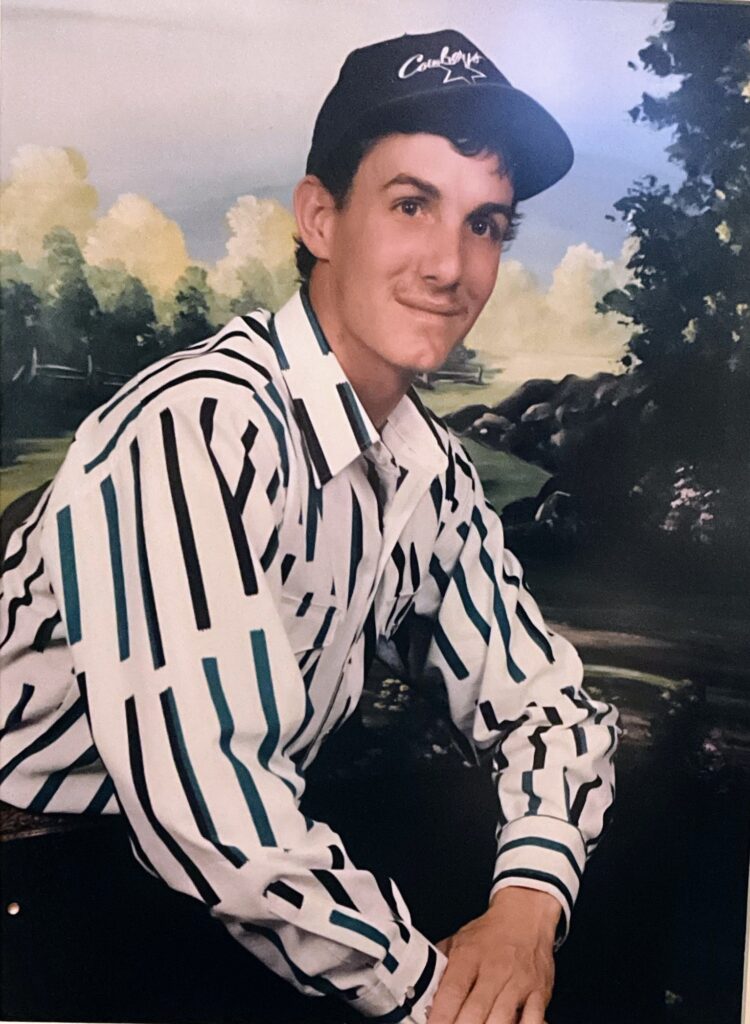
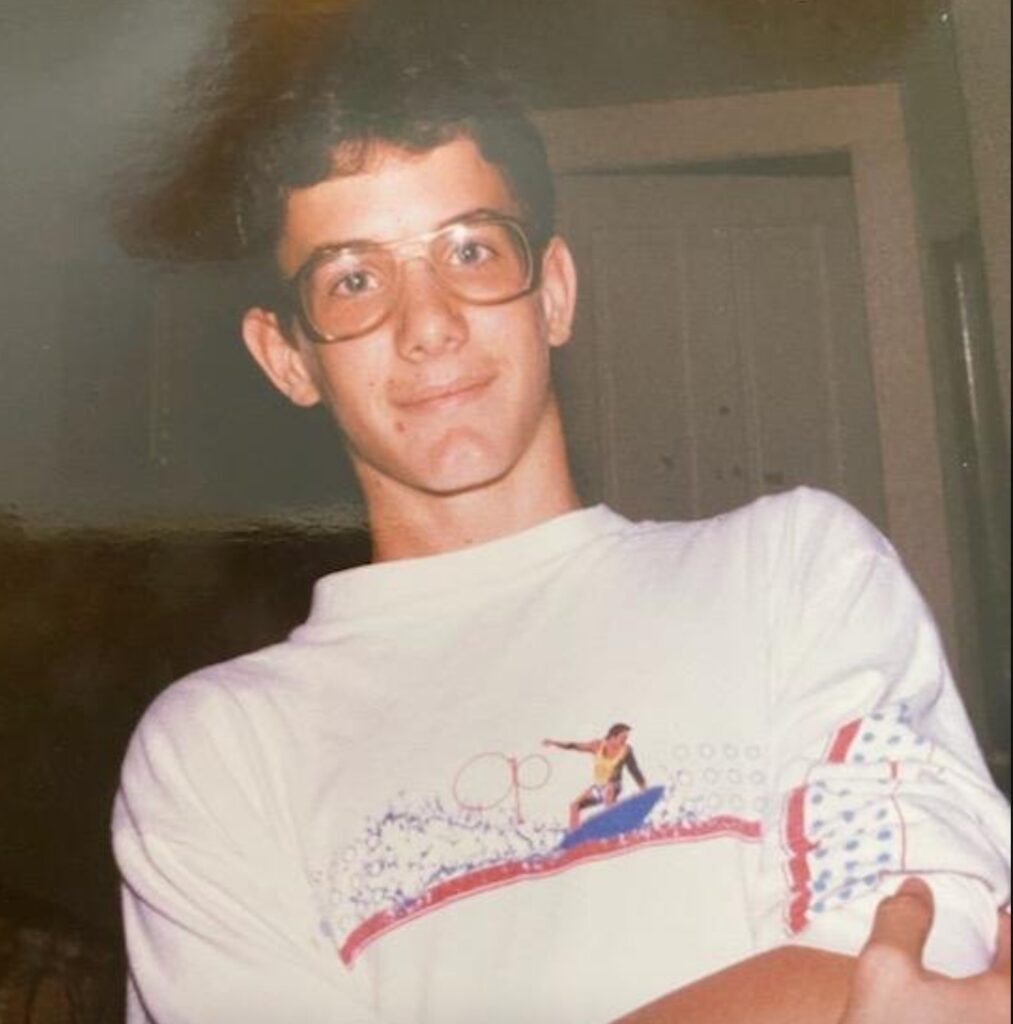



The guilt that accompanies the suicide of someone close to you, is what, in my opinion, makes suicide contagious. At the same time, though, it can also make you realize that suicide is not an option for yourself anymore, regardless of whether or not you had ever contemplated it. In our family, we all agreed it would essentially wipe us all out if any one of us followed in Jason’s path. I know that is not always the case, because every one experiences these things differently. Although my experiences (plural) were always different, please remember these posts are about what *I* have learned. I do hope this can at least inspire a conversation about it.
A few years later, after being on an antidepressant that helped by making most every thing numb emotionally, (as opposed to the ups and downs), we changed my meds. Suddenly I was experiencing emotions again and it was terrifying. I found myself in a dark place. I had moved back in with my mom, who provided me with a much needed safe space and tried to figure out how to cope and heal.
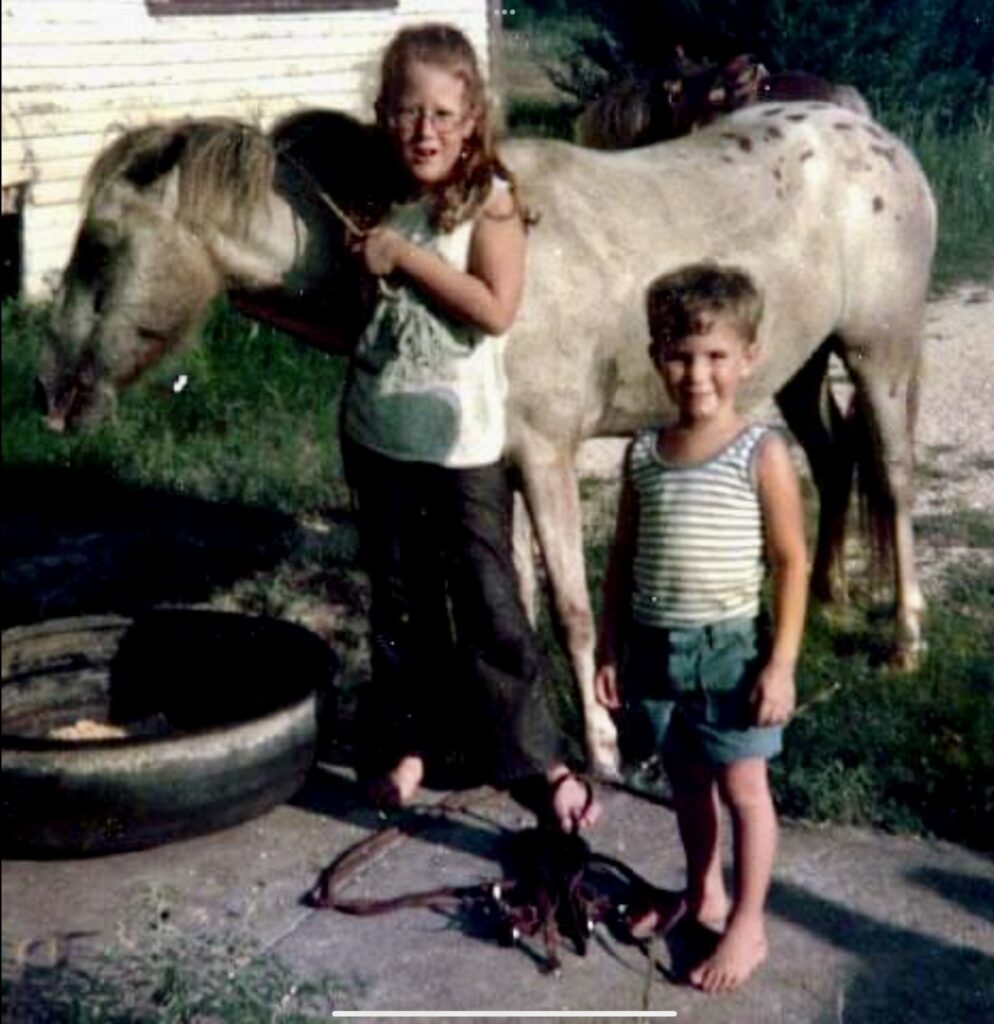
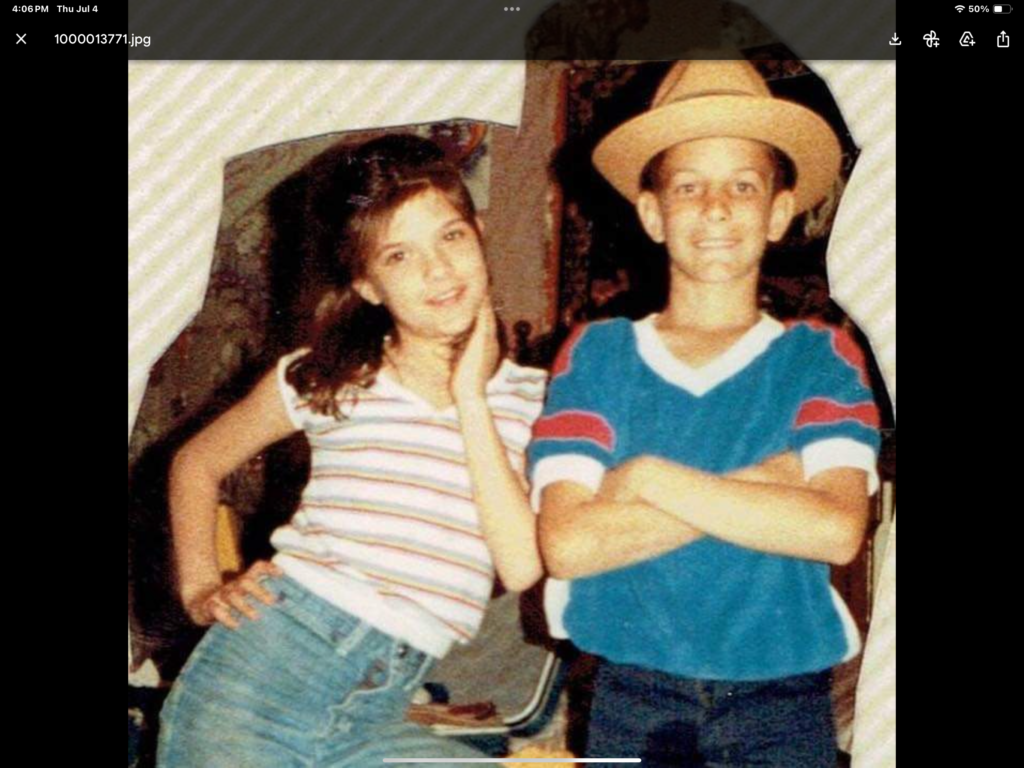



I tend to withdraw when I’m going through stuff and that’s what I did. I remember the first day I realized something made me happy. So I tried to replicate it when possible. I tried to memorize those better feelings. I worked at it. I finally found myself able to have some brighter days. That slowly evolved into countable days, and then even a couple in a row. It was time to look to the future and try to find a job. I had an interview and came home. Mom asked me how it went. I told her it went well, but all the way home all I could think was if I’d rather take the job or commit suicide.
Mom wisely said, “I think we need to find you some better options.”This is IMPORTANT! When you get to that place, regardless of your intentions, you literally can not see options! This is also where having made a promise to let someone at least TRY to fix it, or help you fix it, becomes paramount.
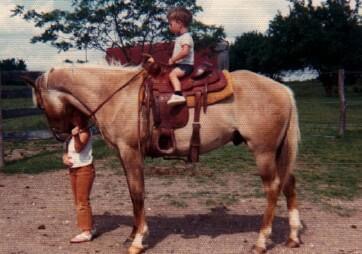
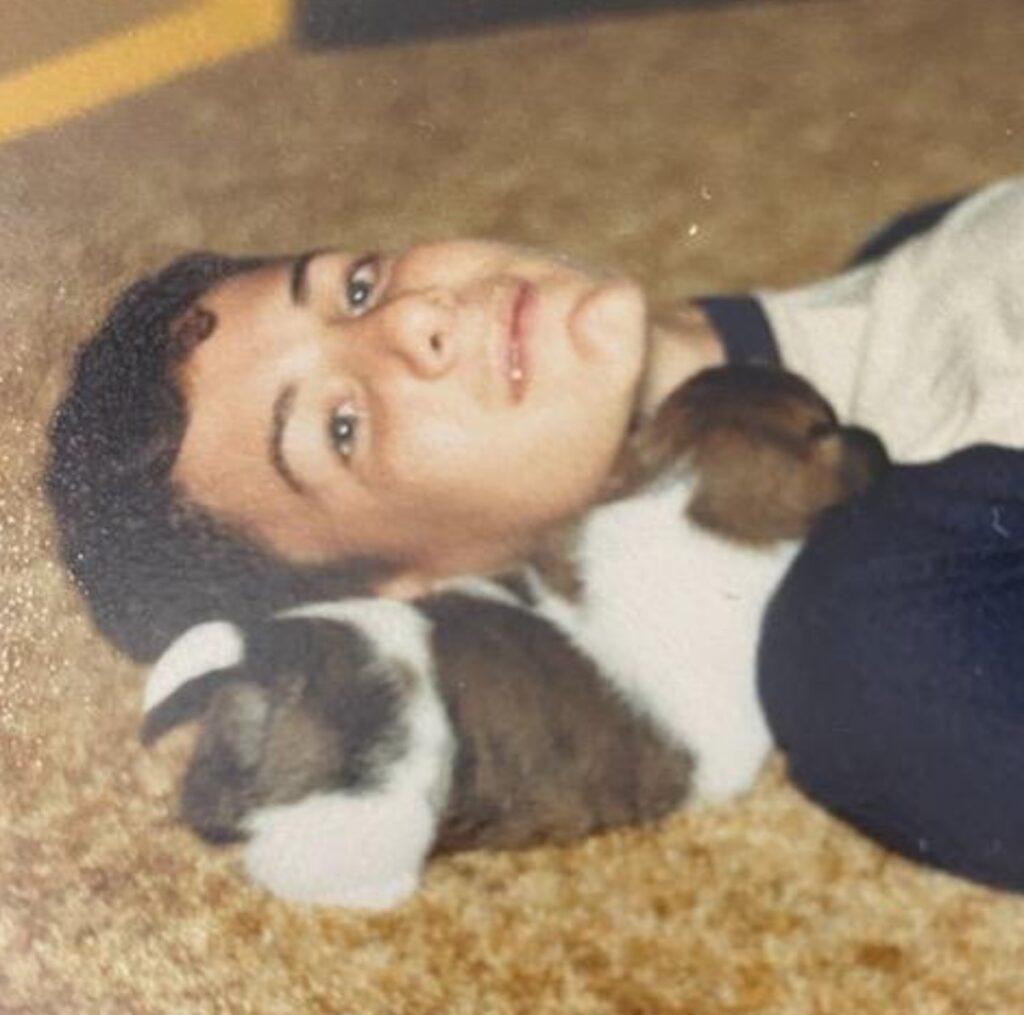
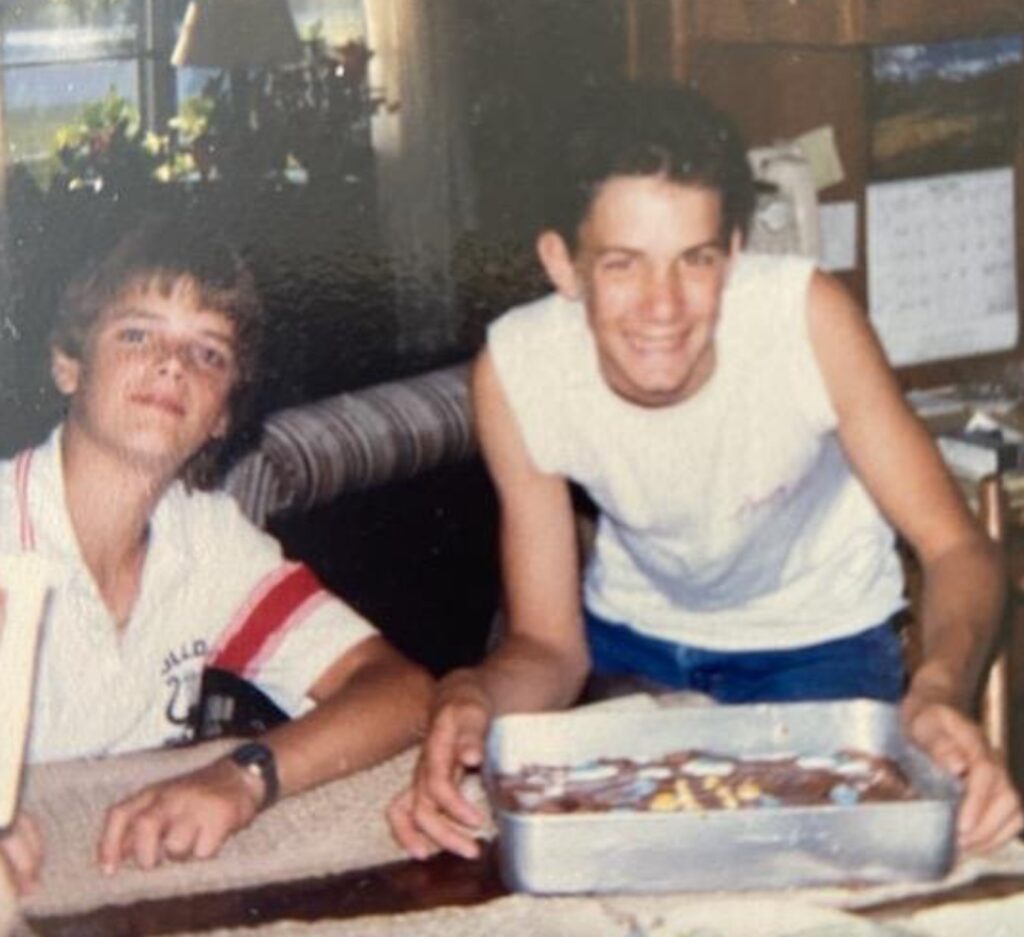



It was very eye opening to discover I could not see options for my future except what was right in front of me. (See part 4) It was instrumental to have someone in my corner to help me see other things I might could do. I put this tool in my toolbox.
Not long after, I made my depression-prone friends make me the promise I had made to my dad. “Promise me that if you ever get to that point, you will at least give me a chance to help you fix it.” What I should have done is not limit that to my depression-proned friends. The hits kept coming.
One of my friends told me that when she felt low, she would ask herself, “What would Shayla do?” Somehow that would get her thinking about what other options might be out there. The saying that Suicide is a Permanent Solution to a Temporary Problem is very accurate. Some people are very prone to getting to that point repeatedly. Sometimes helping them becomes a lifetime commitment.



One of my friends has suffered from crippling depression and suicidal ideations most, if not all of her life. When she had one of the most horrible days of her life, she remembered the promise (“…give me a chance to [help] try to fix it”) and called me. I dropped everything and drove with my hazards on for the 50 mile drive to her house. We started looking into options to make her life worth living, and she went back to school to study something she loved.
This wasn’t just a “one and done” thwarted suicide. Some people are a lifetime commitment. They may not have any support system, or if they do, the supporters may not have any idea how to help. Just know, when you throw out a lifeline, that may set up a dynamic that is not sustainable. It can be very draining to become a constant lifeline for someone, much less several someone’s. Don’t get me wrong, EVERYONE is absolutely worth it, but don’t be afraid to ask other people to help you be supportive. Sometimes it really does take a village.



Shortly after part 6, a friend of the family who suffered from alcoholism and depression, started considering suicide. He was completely estranged from his kids and the rest of his family. My mom called one day to ask about those tools in my toolbox that could help him out. We were able to help him get on a better path. He was able to address his drinking problem and even reconnect with his kids. Shortly after, he was diagnosed with cancer. BUT, he was able to go back home and spend what time he had left with his family. I call that a win.



One day a friend called me, saying “I know you have experience with suicide and I’m hoping you can share some insight so I can help a friend….” I immediately felt my stomache drop. I interrupted him and said “Who is it?”
He and I knew a lot of the same people. At that moment, when he was reeling from the news, it didn’t seem to occur to him that I probably knew whoever he was talking about. I did.
***For all our mutual friends, I have shared everything with his mom and sister before posting any of this. I reached out to them prior to writing any of it and sent these missives to them for accuracy and approval, as well as insights. ***
Jimmy Bowman was a phenomenal young man with SO MANY friends and people who absolutely loved him. The recent exchange of information between his mom and I will take several posts. I will be adding lots of pictures as well, so I hope this series will bring a smile to all those folks. I will continue about Jimmy in the next several posts, but first, I want to tell you about my reaction.
One day Jimmy’s sister happened to come to the place we all frequented. I suddenly couldn’t be anywhere near her because I knew I was about to completely crumble. Just KNOWING what she was going through was too much for me at the time. I literally ran away, fighting a panic attack until I could find someplace private to have my meltdown. On top of that, I felt guilty for not being able to even look at her. I still tear up at the memories. (Makes it hard to type!) Next up: Jimmy wasn’t the first of his family…



Suicide had been a part of Jimmy’s family for generations. His grandmother was possibly suffering from postpartum depression, a condition that was not named or even considered at that time. She committed suicide when Jimmy’s mom was only 6 months old. When she was 15, one of her uncles died from what appeared to be a conscious decision to crash his plane.
Jimmy’s father, Jim, was bi-polar and described to me thus: “We used to joke that we didn’t know whether it was better for Jim to be in a good mood or a bad mood because the highs were tooooo high and the lows tooooo low.”
These extreme mood swings were just part of the normal family life for Jimmy, his mom and his sister. When Jimmy was 25 and on the phone with his mom one day, he heard the gunshot his father used to kill himself. Did this action play a part in Jimmy’s decision to follow in that path? His mom thinks it was permission in a way. Remember I said it was “contagious”?
Jimmy had started showing signs of bipolar early on. He was a musical genius, very artistic/creative, so his moodiness was somewhat expected. He purposefully showed only the “upbeat happy guy” to the world. When he was feeling low, he wouldn’t leave his apartment (or room at home). Other than his mom, nobody saw that side of him. I asked his mom if he ever talked about suicide. She said, “All the time….. to me.” He had even told her very calmly how he would do it. The friendship between Jimmy and his mother was as best friends. He shared everything. When the police came to notify her, she already knew. More soon.



Jimmy’s mom had been extra watchful during his low times, but he had been so happy just that morning when they spoke on the phone! She had managed to get 2 tickets to an event he really wanted to attend. At that time he fully intended on seeing her the next day. So what happened that tipped the scales for him that day?
Remember I said he was a musical genius? He was lecturing at the Opera and the Symphony so much he decided to quit his other job at a music store. He had just told his boss he needed to quit, although his boss offered to double his salary because he was the only one who knew anything about classical music.
In most eyes, he would appear to be quite successful, but Jimmy didn’t see it that way. He would confide in his mother that he felt like “a loser because he didn’t have a professional job or a steady girlfriend.” He was 30 years old and making more money than most people his age, he just didn’t consider music a real job.
I can only imagine how difficult it must be to find people you can truly connect with when you have gifts that not many can relate to. Especially at his age. Finding a partner in life must have seemed impossible to him. He would say to his mom he was certain he would never be happily married or have kids.



Jimmy had finally started seeing a psychiatrist and even started taking medicine. Unfortunately it numbed his mind and he couldn’t compose when he took it. Why would he want to take something that eliminated one of the biggest parts of himself? Composing music was a huge part of his identity.
I want to note here 2 things about medicines, particularly the ones designed to alter something mentally. In my research, it was obvious that sometimes those meds can cause suicidal ideations. (I believe it had a lot to do with an upcoming story)
The other is that sometimes you have to try different ones to find the one, hopefully, that works for each person.
One of my pet peeves is that most doctors do not stress this. The patient leaves the office, gets the prescription thinking it is supposed to “do the trick” and when it doesn’t, they lose hope of being able to combat that issue. We have come far enough that most ads for any medication at least suggest that if you feel suicidal after taking their medications you should consult your doctor. But it is basically said as an afterthought.
Jimmy started taking it while in college. The college scene is pretty much designed to teach one way and if you can’t learn that way you are out of luck. There is so much pressure to do everything a certain way and in a certain timeframe that anyone that isn’t able to comply with those expectations is going to suffer. It doesn’t matter if the issues are a learning disability or focus problem, or even a schedule the student has to maintain outside of the classroom.
As much as has been discovered about how many different ways a person may be able to learn, you would think society would have implemented a lot more tactics than we have. It is being addressed more and more, especially with the younger generations, and for that I applaud. I believe there is still room to improve and at the very least, make it more common knowledge without so much stigma attached. I digress, so more on that subject later.



When Jimmy decided to discontinue the medication, he said he’d gladly take the lows rather than lose the highs. He only took it for a couple of weeks.
Again I stress that anyone taking new medication should be advised to take ANY changes to the dr that prescribed them. There are so many choices that a dr can prescribe but they are just guessing what they suspect will work best for that individual and the symptoms they express. The dose can be changed, or even the medication. It doesn’t have to mean a life sentence. There are no chemical compatibility tests to determine what should be prescribed. It is not one bandaid for multiple wounds. In a situation like Jimmy’s, he tried one, didn’t like it and decided that medication was not an option for him.
I don’t know if anyone or anything could have changed things for Jimmy. By all outward appearances he was a remarkable young man with some extraordinary talents that were opening doors to opportunities most people only dream of. How can someone with so much going for them, still young and healthy, make that kind of decision? My best guess is that many things can be seen as both a blessing and a curse. Is it like the parable about the 2 wolves? Is the darkness inside just more than can be overcome? I hope not. I don’t believe that anyway. I believe so many people tormented by these thoughts just need a new perspective. That is why I want us to start having real conversations.
The year after Jimmy died, I started back to school. I needed some extra courses, so I took speech. My speech of persuasion was about suicide. The positive feedback from that class was enough to get me considering creating a seminar about suicide prevention. I did quite a bit of research and had a 45 minute speech prepared. I was considering offering it for free to schools, communities, anyone who wanted to hear it.

THE TAIL OF TWO WOLVES
One evening an old Cherokee told his grandson about a battle that goes on inside people. He said, “My son, the battle is between two ‘wolves’ inside us all.
One is Evil. It is anger, envy, jealousy, doubt, sorrow, regret, greed, arrogance, self-pity, guilt, resentment, inferiority,lies, false pride, superiority, and ego.
The other is Good. It is joy, peace, love, hope, serenity, humility, kindness, benevolence, empathy, generosity, forgiveness, truth, compassion and faith.”
The grandson thought about it for a minute and then asked his grandfather: “Which wolf wins?”
The old Cherokee simply replied, “The one you feed.”



Aside: Several years ago, this picture of “depression” came to my mind. I finally put my vision into artwork last night. I used stick figures because that’s how I see them.
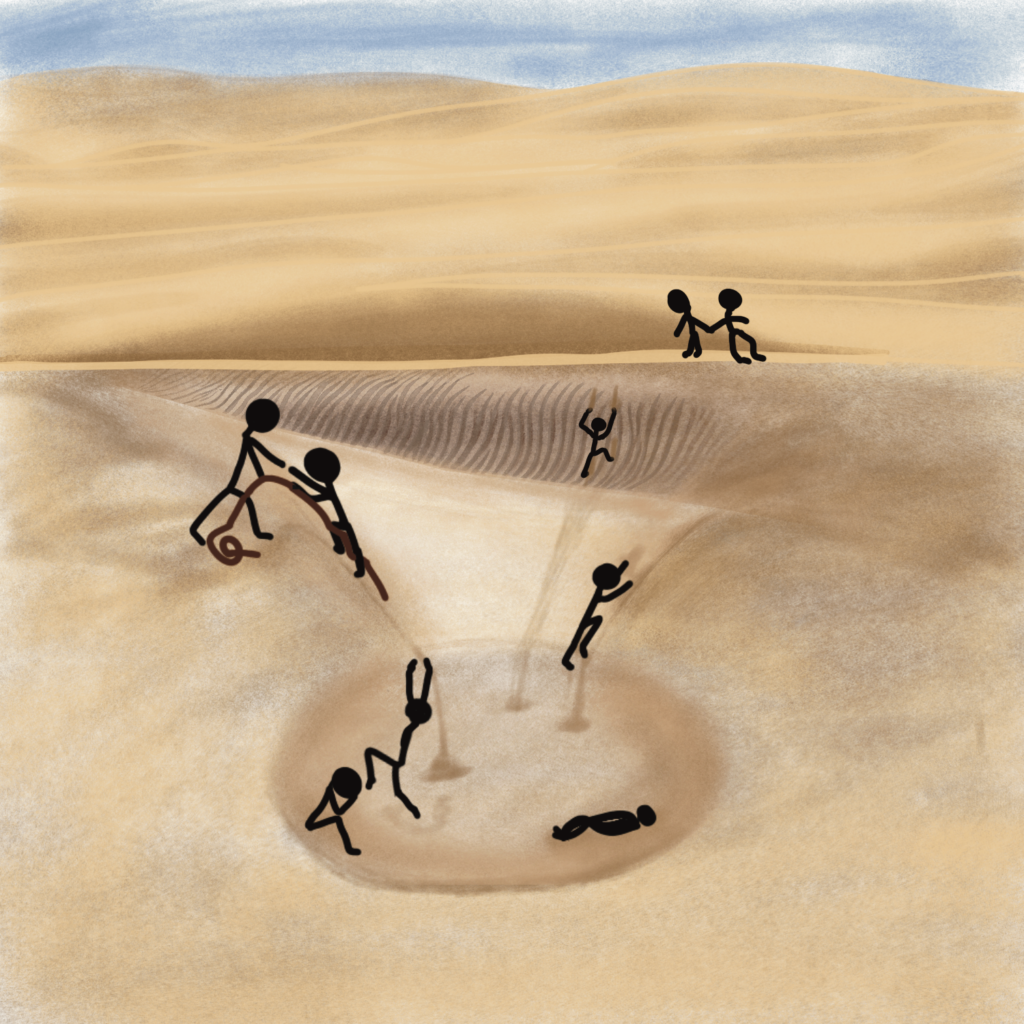
I think depression is like falling in the sand. Sometimes we fall so hard we end up tumbling all the way down the funnel into the belly of a cave of sorts. If the fall is not hard, we can usually pull ourselves up over the edge and return to better footing.
Sometimes we need a hand because the harder we try to climb back up the further down we slip. Climbing a sand dune is hard work. It can be exhausting if you aren’t in the right shape for it. If you have fallen all the way into the cave, trying to get out is so much harder by yourself. The others around you are in the same place and have tried everything they could think of to get out.
The lucky ones have someone close enough to them to see them fall and offer or call for help. They can throw a lifeline and help pull the fallen out of the darkness.
Imagine being so tired, physically, emotionally just exhausted, and you have to climb up a steep sand dune. You might get so close to the top, only to lose footing and start sliding back down. The harder you try, the more tired you get. Can you see the pattern?
“I’m just so tired” was one of the last things my brother said to our dad. End of Aside.
After that semester, my actual program for Radiology Technology got started and I didn’t have time for anything else. By the time I was able to consider doing a seminar type thing again, another suicide happened in my immediate circle. The rug was yanked out so drastically, I now believed there was no way to help anyone. It has taken me 14 years to come back around. Stay tuned.



I’m having to gear up for this next one. Bear with me as I prepare to tell this part of the story.
